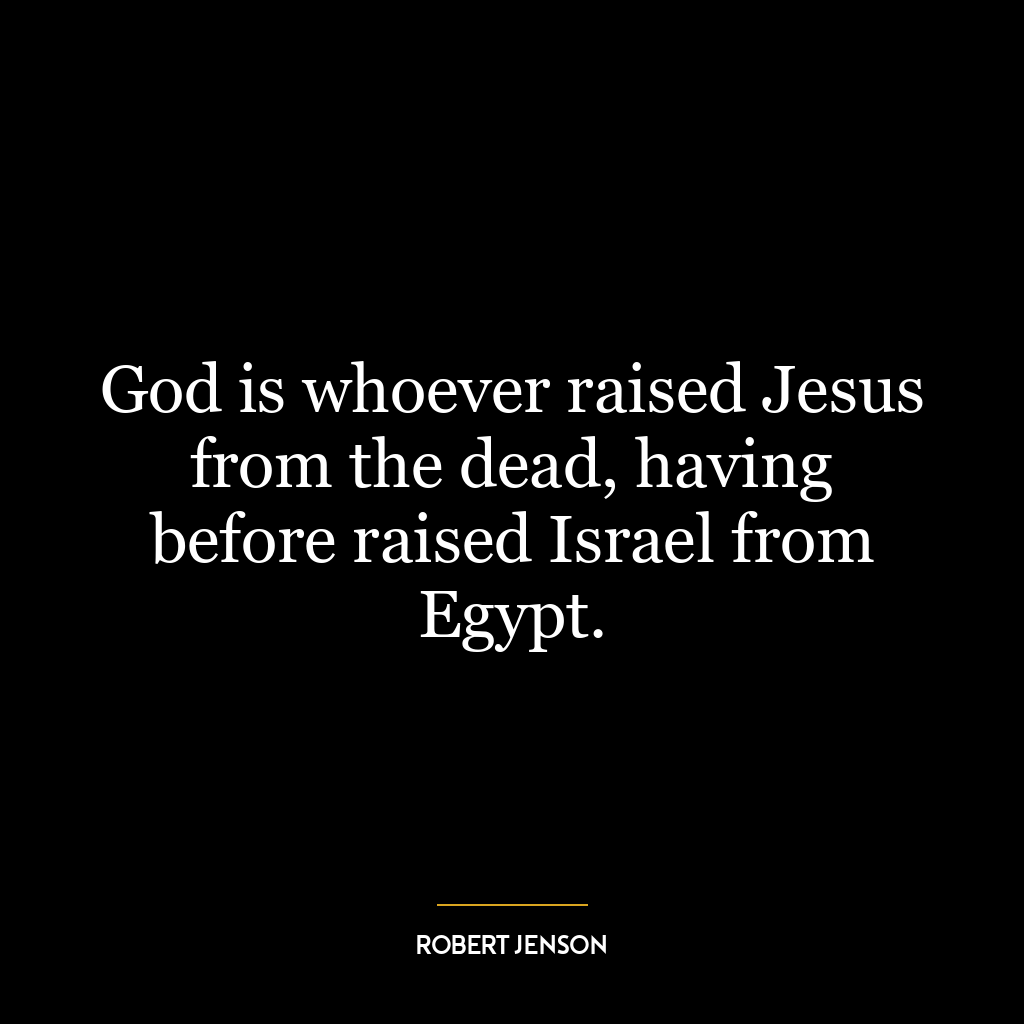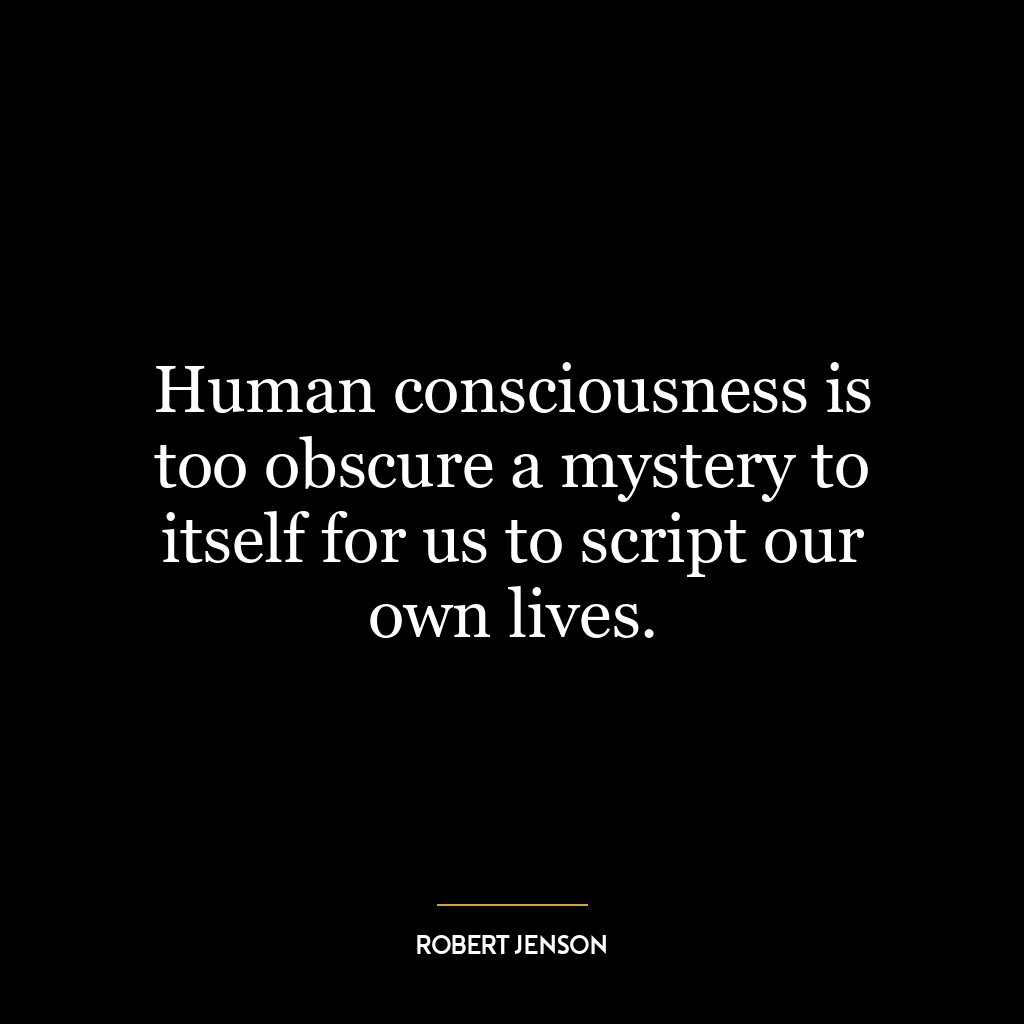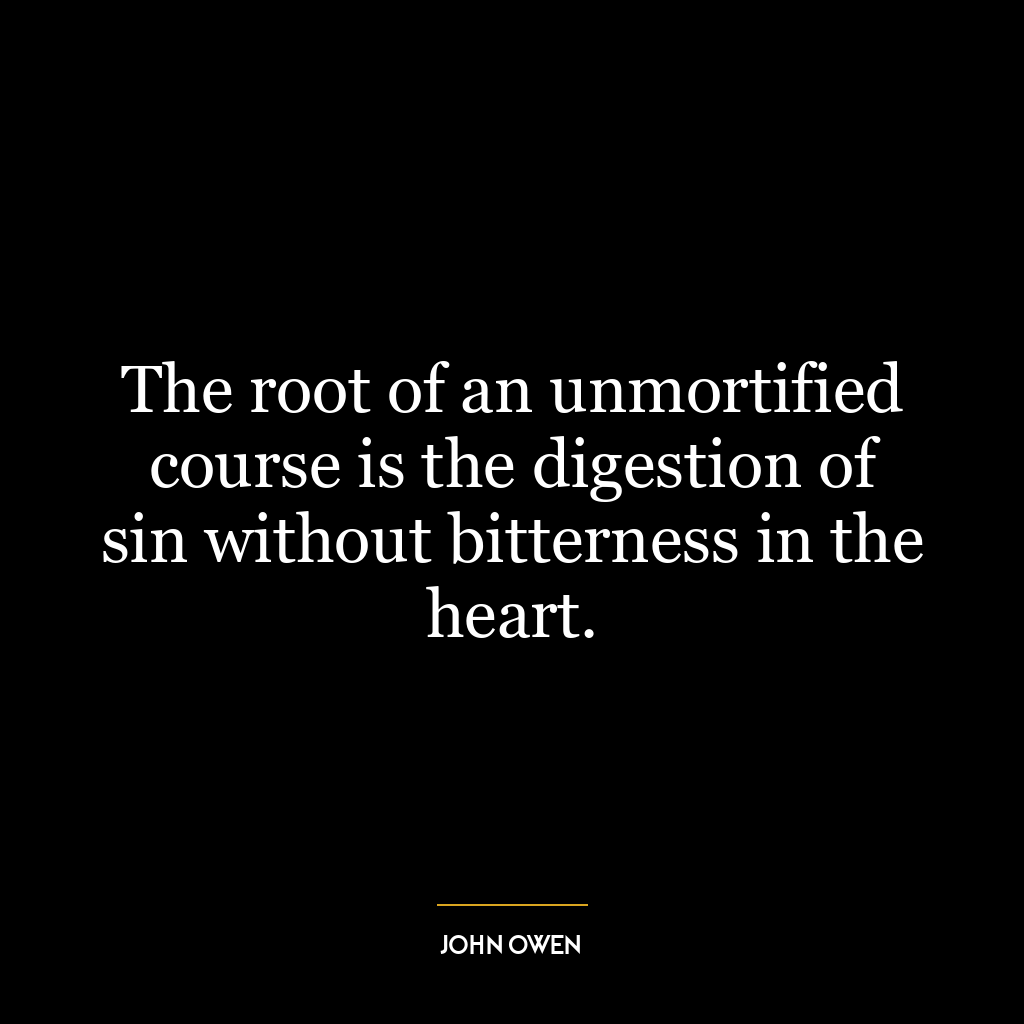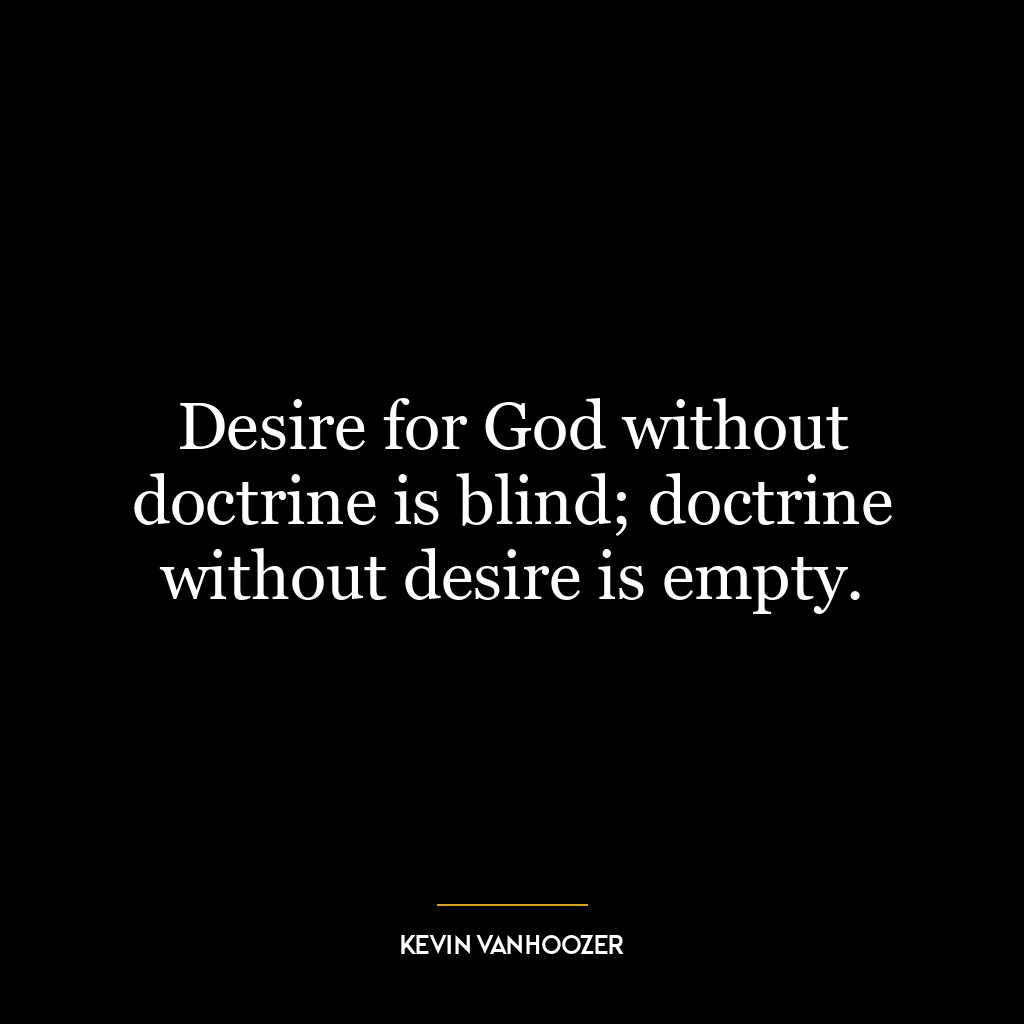Robert Jenson Quotes
- Theology
- USA
- 1930
Robert Jenson (1930-2017) was an American theologian known for his contributions to systematic theology and ecumenism. He was a Lutheran pastor and professor at several universities, including Princeton Theological Seminary and Oxford University.Jenson’s work focused on the doctrine of the Tri…Read More
Robert Jenson (1930-2017) was an American theologian known for his contributions to systematic theology and ecumenism. He was a Lutheran pastor and professor at several universities, including Princeton Theological Seminary and Oxford University.Jenson’s work focused on the doctrine of the Trinity, the relationship between God and humanity, and the role of the church in the world. He emphasized the importance of understanding God as a relational being and the significance of the incarnation of Jesus Christ.One of Jenson’s notable works is his two-volume Systematic Theology, which explores the Christian faith in a comprehensive and systematic manner. He also wrote extensively on the theology of Karl Barth and was a leading figure in the ecumenical movement, working towards unity among different Christian traditions.Jenson’s writing is known for its depth, clarity, and creativity, and he is considered one of the most influential theologians of the 20th century. His work continues to be studied and appreciated by theologians and students of theology around the world.Read Less
Robert Jenson (1930-2017) was an American theologian known for his contributions to systematic theology and ecumenism. He was a Lutheran pastor and professor at several universities, including Princeton Theological Seminary and Oxford University.Jenson’s work focused on the doctrine of the Trinity, the relationship between God and humanity, and the role of the church in the world. He emphasized the importance of understanding God as a relational being and the significance of the incarnation of Jesus Christ.One of Jenson’s notable works is his two-volume Systematic Theology, which explores the Christian faith in a comprehensive and systematic manner. He also wrote extensively on the theology of Karl Barth and was a leading figure in the ecumenical movement, working towards unity among different Christian traditions.Jenson’s writing is known for its depth, clarity, and creativity, and he is considered one of the most influential theologians of the 20th century. His work continues to be studied and appreciated by theologians and students of theology around the world.
Robert Jenson Career Highlights
- Jenson was born on August 17, 1930, in Chicago, Illinois. He received his undergraduate degree from Luther College in Iowa and went on to earn his Master of Divinity from Luther Theological Seminary in Minnesota.
- In 1957, Jenson was ordained as a Lutheran pastor and served as a parish pastor for several years before pursuing further studies in theology.
- In 1968, he received his Ph.D. from the University of Heidelberg in Germany, where he studied under the renowned theologian Wolfhart Pannenberg.
- Jenson began his academic career as a professor at Luther College in Iowa and later taught at St. Olaf College in Minnesota and the Lutheran School of Theology at Chicago.
- In 1988, Jenson joined the faculty of Princeton Theological Seminary, where he served as a professor of systematic theology until his retirement in 1999.
- After his retirement, Jenson continued to teach as a visiting professor at various institutions, including the Lutheran Theological Seminary in Gettysburg, the University of St. Andrews in Scotland, and the Center for Theological Inquiry in Princeton.
- Throughout his career, Jenson received numerous awards and honors, including the prestigious Karl Barth Prize in 1997 for his contributions to the field of theology.
Key Contributions by Robert Jenson
- Jenson’s most significant contribution to theology is his work on the doctrine of the Trinity. He has written extensively on the subject, offering new insights and perspectives that have challenged traditional understandings of the Trinity.
- He is also known for his work on the relationship between theology and science, particularly in his book “The Triune Identity: God According to the Gospel.”
- Jenson’s writings on eschatology have also been influential, as he has explored the implications of the Christian hope for the future and the role of the church in bringing about God’s kingdom.
- In addition to his academic work, Jenson has also been a leading figure in ecumenical dialogue, working to bridge the gap between different Christian traditions.
What Sets Robert Jenson Apart
- Jenson’s approach to theology is characterized by his commitment to the authority of Scripture and the centrality of the gospel. He is known for his rigorous scholarship and his ability to engage with complex theological concepts in a way that is accessible to a wide audience.
- He is also known for his willingness to challenge traditional theological frameworks and offer new perspectives on long-held beliefs. This has made him a controversial figure in some circles, but also a respected and influential voice in the field of theology.
Takeaways
- Robert Jenson’s career highlights and key contributions demonstrate his significant impact on the field of theology. His writings have challenged and shaped the way we think about important theological concepts, such as the Trinity and eschatology.
- Jenson’s commitment to the authority of Scripture and his ability to engage with complex theological ideas make his work relevant and valuable for both scholars and laypeople.
- His willingness to challenge traditional beliefs and offer new perspectives serves as a reminder to continually reexamine and deepen our understanding of the Christian faith.








